Your cart is currently empty!
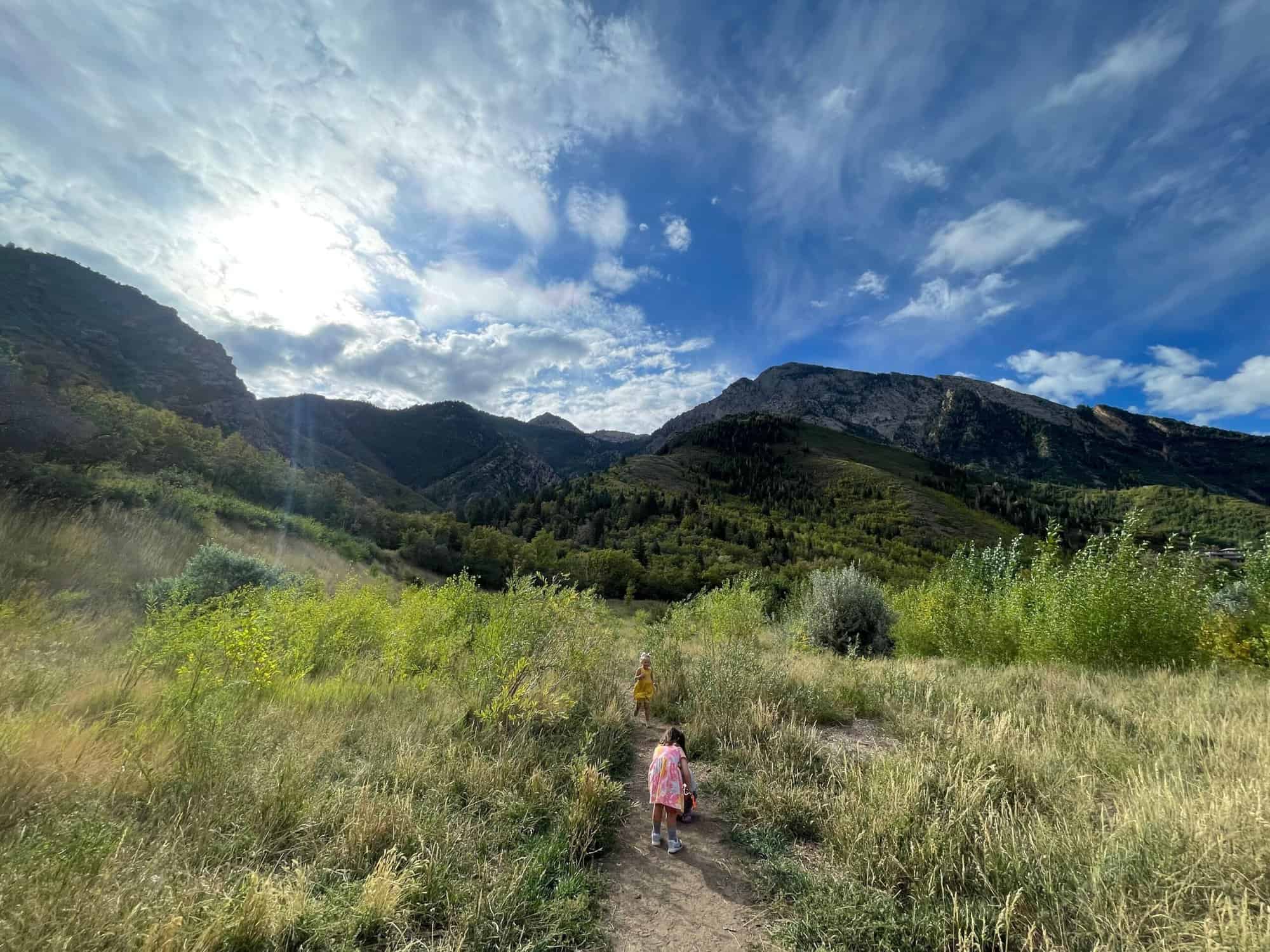
Women’s History Month: Adventurers, Activists, and Nature-Lovers
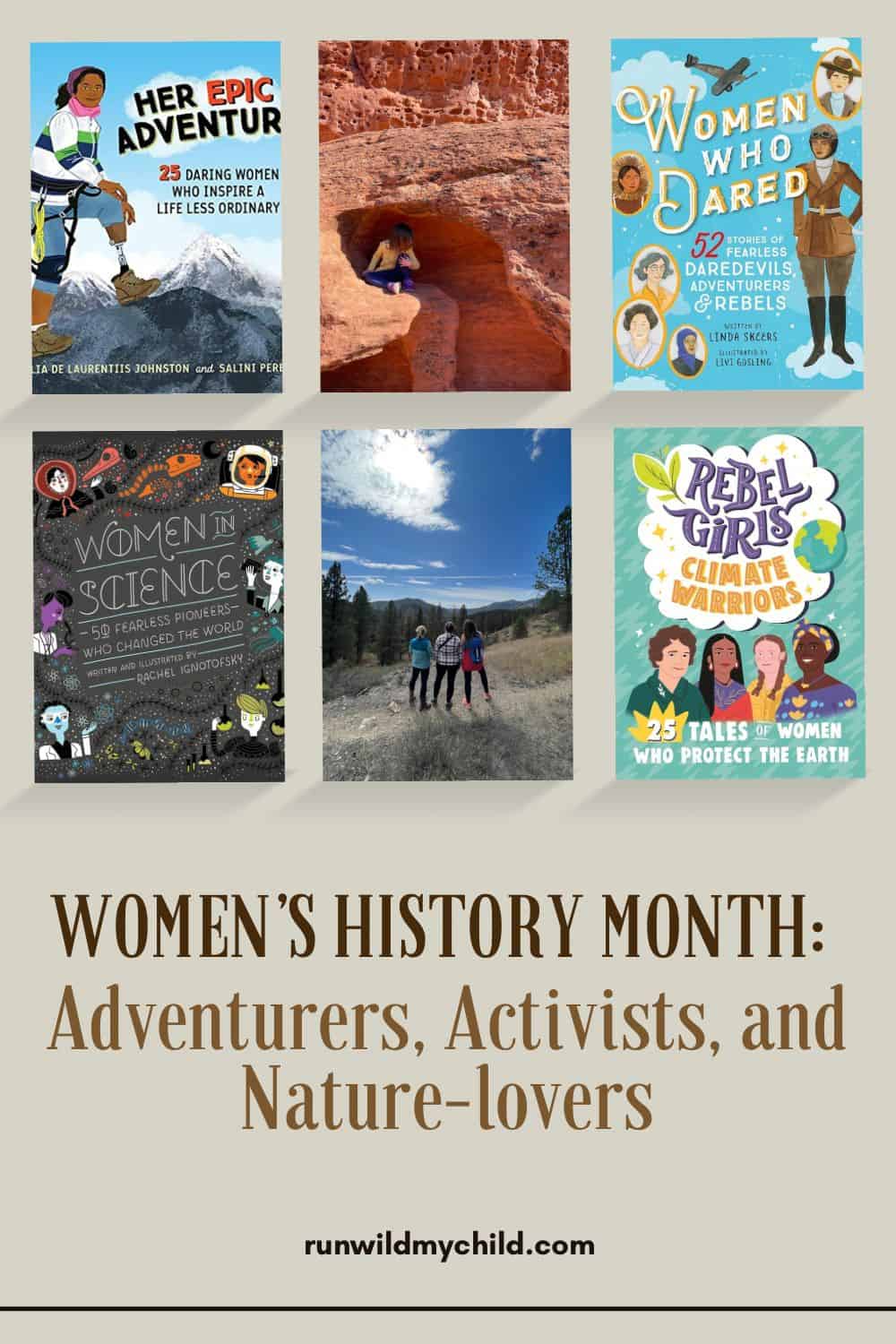
Stories of female adventurers, activists, and nature-lovers
Discovering the stories of extraordinary people isn’t just a glimpse into history; it’s a compass guiding us towards a richer understanding of the world we live in now. We can use this understanding to enrich our outdoor experiences as well. If we learn about adventurers, activists, and nature-lovers, we can better appreciate the hard work done to preserve the outdoors and our planet.
So, this Women’s History Month, we’d love to introduce you to some brave female adventurers and activists so you can gain perspective from nature-lovers and outdoorsy women like us. Learning about their adventures and activism provides a unique perspective that can inspire a deeper connection with nature.
These stories serve as windows into understanding, giving us views of the trails (sometimes literally!) these women blazed and empowering both ourselves as parents and our kids to embrace the outdoors with knowledge, courage, and appreciation for the environment and the ways in which we get to enjoy it as a result of these women’s efforts.
Women’s History Month
Women’s History Month was first observed for one week in the United States in March of 1981. By 1987, the observation had expanded to the full month. It is important to take time to reflect on and remember the contributions from often-overlooked people. Women may have long been excluded from some arenas, but that never stopped so many women from persevering. Women in many eras have been daring and smart change-makers regardless of who was willing to recognize their efforts.
Many women have contributed to the progress we enjoy in many fields. For our purposes, it is inspiring to learn about women who have worked so hard to explore and protect our natural world.
We enjoy being outside with our kids, and in many ways, we have these trailblazers to thank. By making an effort to learn about more women adventurers, activists, and nature-lovers this month, we gain a more accurate and inclusive understanding of our collective past.
How and why I choose these books
Choosing where to begin with a topic as big as ‘women’s history’ can feel daunting. While I paired it down to outdoor explorers, activists and nature lovers, there are still many options to search through to find the best women and information for our kids and our interests. For example, do you want to know more about rock climbers, gardeners, or water conservationists and protectors? Or do you want to know about a specific theme for exploring, like disability/accessibility adventuring, making outdoorsy culture equitable for all, or animal rights and protection? They’re all important.
I put together this collection of books filled with short-form biographies of adventurers, explorers, activists, and nature lovers in women’s history. The books contain illustrations and quotes or quick facts along with the paragraphs, making them adaptable for multiple ages. I have read biographies like the ones in these books with kids under 5 and 10-12 years old.
I will highlight a few people from these books and what I love about them as a whole. You can use this information to choose which books you would like to read yourself and how you would like to use them for your kids!
Benefits of reading biographies to your kids
Reading about real people and real situations to our kids can help them gain curiosity and connection in life-altering ways. I have seen kids become excited and inspired once we read a particularly excellent biography. These are five of the main benefits I have realized as a teacher, a parent, and a storyteller/storytime leader.
- Introducing previous generations to our kids can inspire them to recognize their own potential for creating a positive impact.
- By showcasing influential individuals, we can introduce and instill the morals and values we want our children to learn.
- Kids engage in organic questions and meaningful discussions, driven by their own impressions of the stories.
- By understanding the experiences and accomplishments of people who came before them, our kids gain a deeper appreciation for the present.
- We are providing our children with insights that foster empathy toward diverse cultures, worldviews, motivations, and lived experiences that they might not encounter firsthand.
Women’s History Month: Books about adventurers, activists, and nature-lovers
Books about women adventurers
- Women Who Dared by Linda Skeers
- I love reading about the quirky, determined, and unique women in this book. Barbara Hillary was the first African American woman to take an expedition to the North Pole—at 76 years old! The stories here encourage kids to be themselves while continuing to love nature.
- Women in Sports by Rachel Ignotofsky
- Athletes may not be the first group of people you consider for outdoor adventurers, but some of the women you can learn about here had to understand and respect the environments in which they competed deeply. For example, Susan Butcher was a dog musher who was the first person to win the Iditarod three years in a row and the first woman to win it four times. Her approaches for taking care of her dogs became a standard for other dog mushers and have drawn attention to care and respect for these animals.
- Her Epic Adventure by Julia De Laurentiis
- This book is filled with compelling stories of women who believed in the power of adventuring to change themselves and the world. There are stories of powerful resilience, like that of Arunima Sinha, who was the first female amputee to climb Mount Everest, Mount Kilimanjaro, Denali, and more. Reading this book can help us encourage our children to always seek adventure and personal growth while spending time in the natural world.
- We Are Explorers by Kari Herbert
- The women in this book defied conventions to explore the unknown and to further our understanding of new frontiers. There are biographies for women like Sacagawea. Sacagawea was a remarkable adventurer in her own right, and aided in the discovery of the Western Frontier in more ways than as simply a guide. You can learn about her immense knowledge and courage in this book. I love that the book mixes illustrated pictures along with real images of some women.
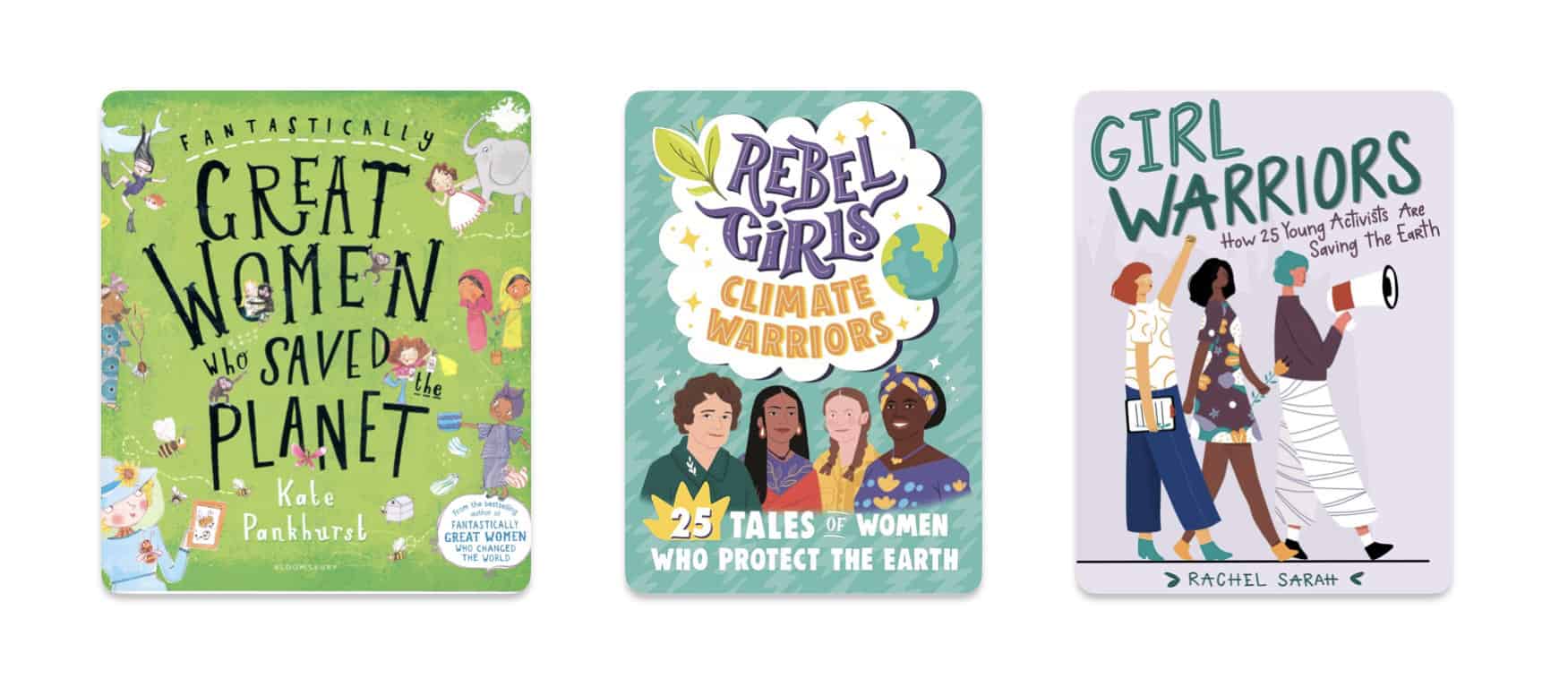
Books about female activists
- Great Women Who Saved the Planet by Kate Pankhurst
- I enjoy the colorful features in this book, which feature both individual women and whole movements or groups. There is dialogue and short, easily digestible information for all the profiles. One such profile is about the Chipko Movement, where people protest logging in India. One important group was a village of women who finally got enough attention to ban logging in their forests.
- Climate Warriors by Rebel Girls
- There are 25 women, present and past, showcased in this book. Their passions and contributions to environmental activism are centered in the page-long profiles. Women like Rachel Carson, an environmentalist and writer who has inspired others to protect animals and their habitats.
- Girl Warriors by Rachel Sarah
- We can read about many modern and current female activists in this collection of stories. The profiles are interviews with young women, under the age of 25, who are making a difference. They site what event and which people inspired their activism. This will help us as readers really connect history to our own lives and attainable examples for our kids.
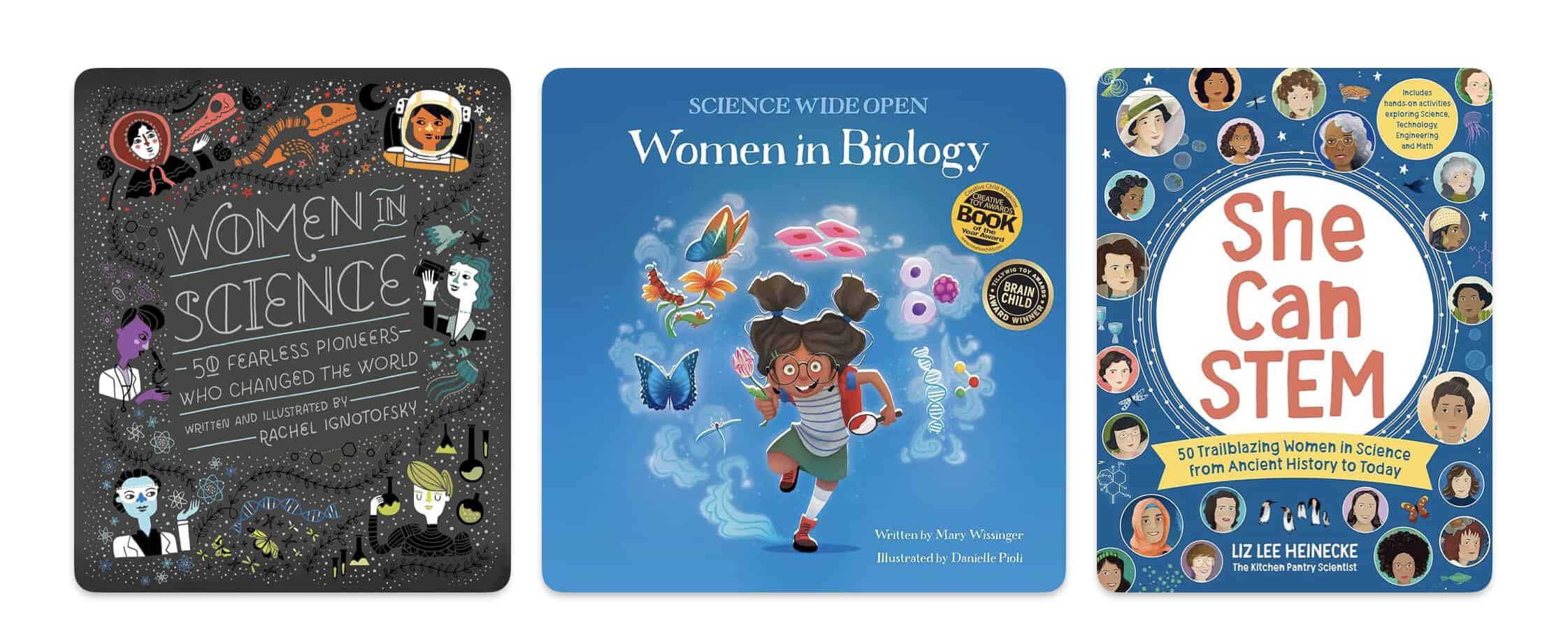
Books about women nature-lovers (as scientists)
- Women in Science by Rachel Ignotofsky
- This book is filled with great infographics, timelines, and illustrations that contain interesting facts. These are alongside the page-long biographies of each woman. While reading this book, my kids and I learned that Mary Anning, the paleontologist, had a dog who joined her on all her digs until he died in a landslide!
- Women in Biology by Mary Wissinger
- This book is part of a series called Science Wide Open. These books ask readers to think of situations and questions they have in real life. Then, the book connects readers to short profiles of women who also had these questions. One such profile is Hildegard of Bingen, who lived in the Middle Ages. She discovered that water needed to be cleaned before people drank it. She is also considered by many to be the founder of scientific natural history studies in Germany.
- She Can STEM by Liz Heinecke
- Ynes Mexia collected 150,000 specimens of flora and plants for observation. She even discovered a flower genus that is now named after her. She discovered over 500 new plant species and 2 new genera. Each biography also gives you an activity idea to help emulate the focus person. These activities can help us get outside with a goal in mind and connect our reading to our everyday lives in rich ways.
Our own Women’s History Month adventures, activism, and nature-loving
I hope that the women featured in this post (and the many other adventurers, activists, and nature-lovers in these books) will inspire you to explore with your own kids in refreshing and inspiring ways. We can honor these women’s efforts and achievements by continuing to champion gender equality and making the outdoors an inviting place for all.
Books are a brilliant way to extend our kids’ imagination and their innate curiosity. Specifically, with biographies, we can harness their love of learning and growing by showing them real people to emulate and learn from. We can head outdoors with the confidence of knowing that other women have enjoyed and fought for the natural world we now enjoy.
How can knowing about these women help you adventure better?
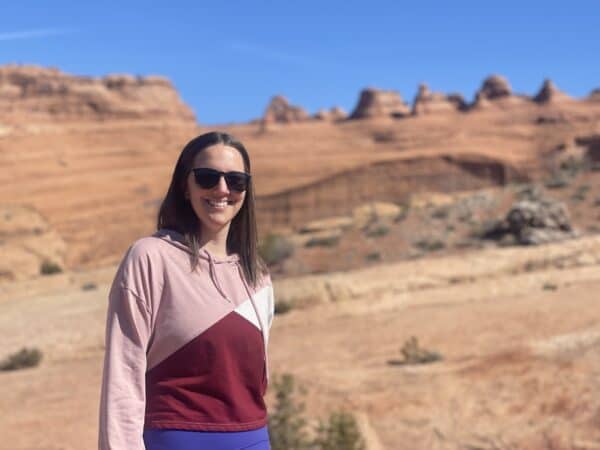
About the author
Emily and her family have moved across the US multiple times, and the best things about each state have been the outdoor adventures and the public libraries! Now living in Utah, Emily has continued her love for both. She explores both mountain and city outdoor spaces weekly with her three kids and friends, attends library story times, and leads local story times. Emily has a passion for children’s literature. She uses books to educate, promote inclusion, understanding, and justice, and inspire adventure and creativity. Emily loves how reading and being outdoors overlap in so many exciting ways!
You can find Emily online in the following locations:
Instagram: @inclusivelibrary
RWMC Posts: Emily Liebel
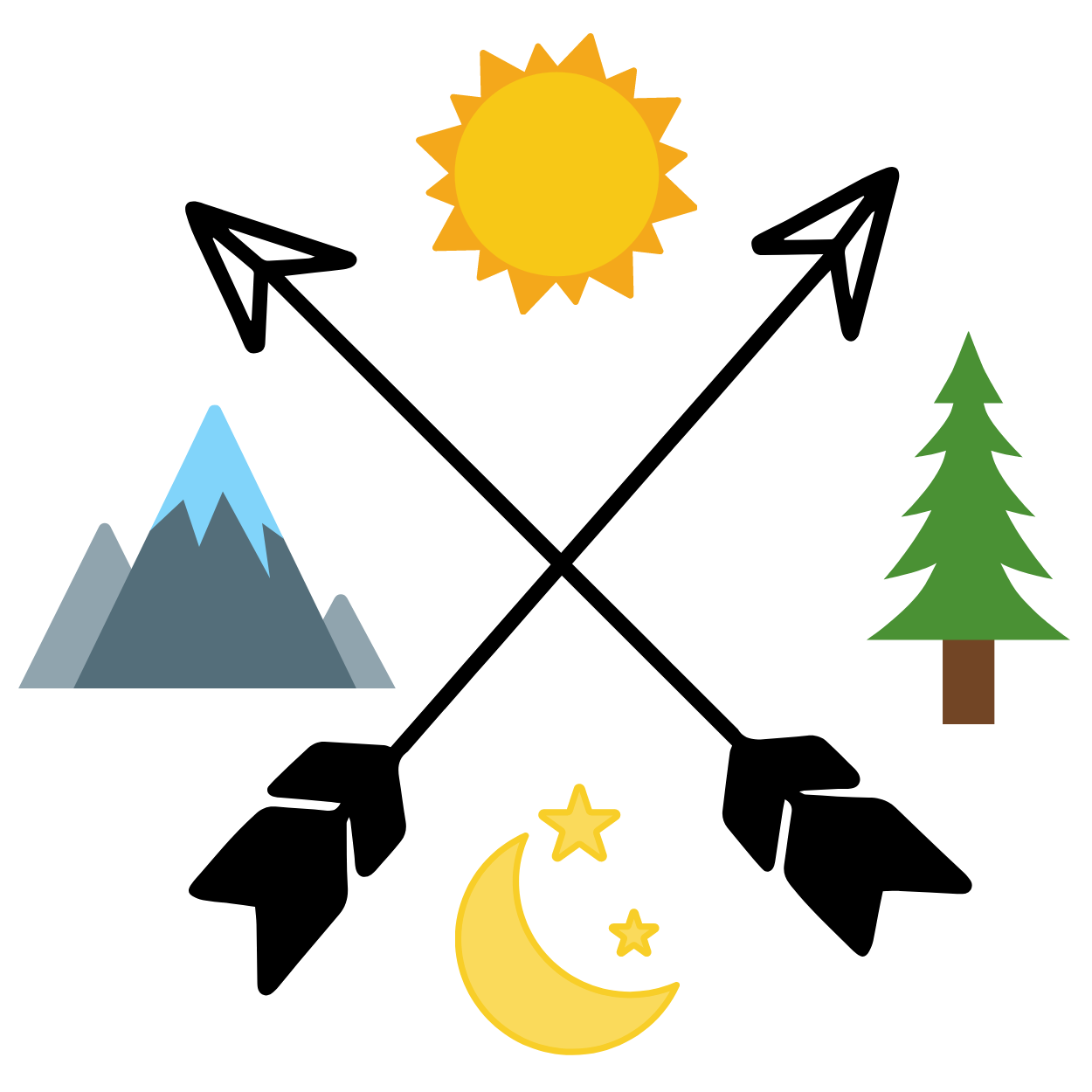
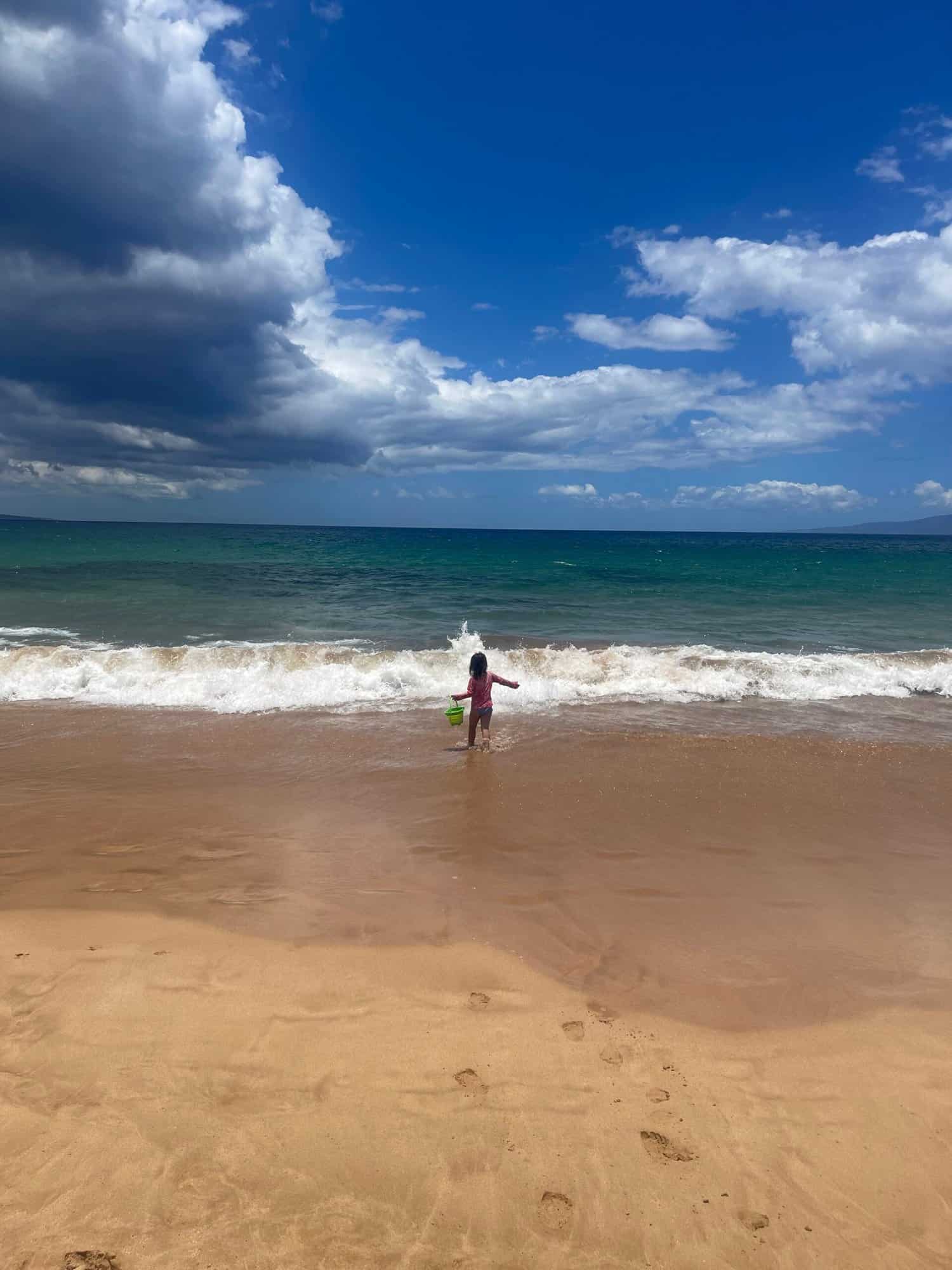
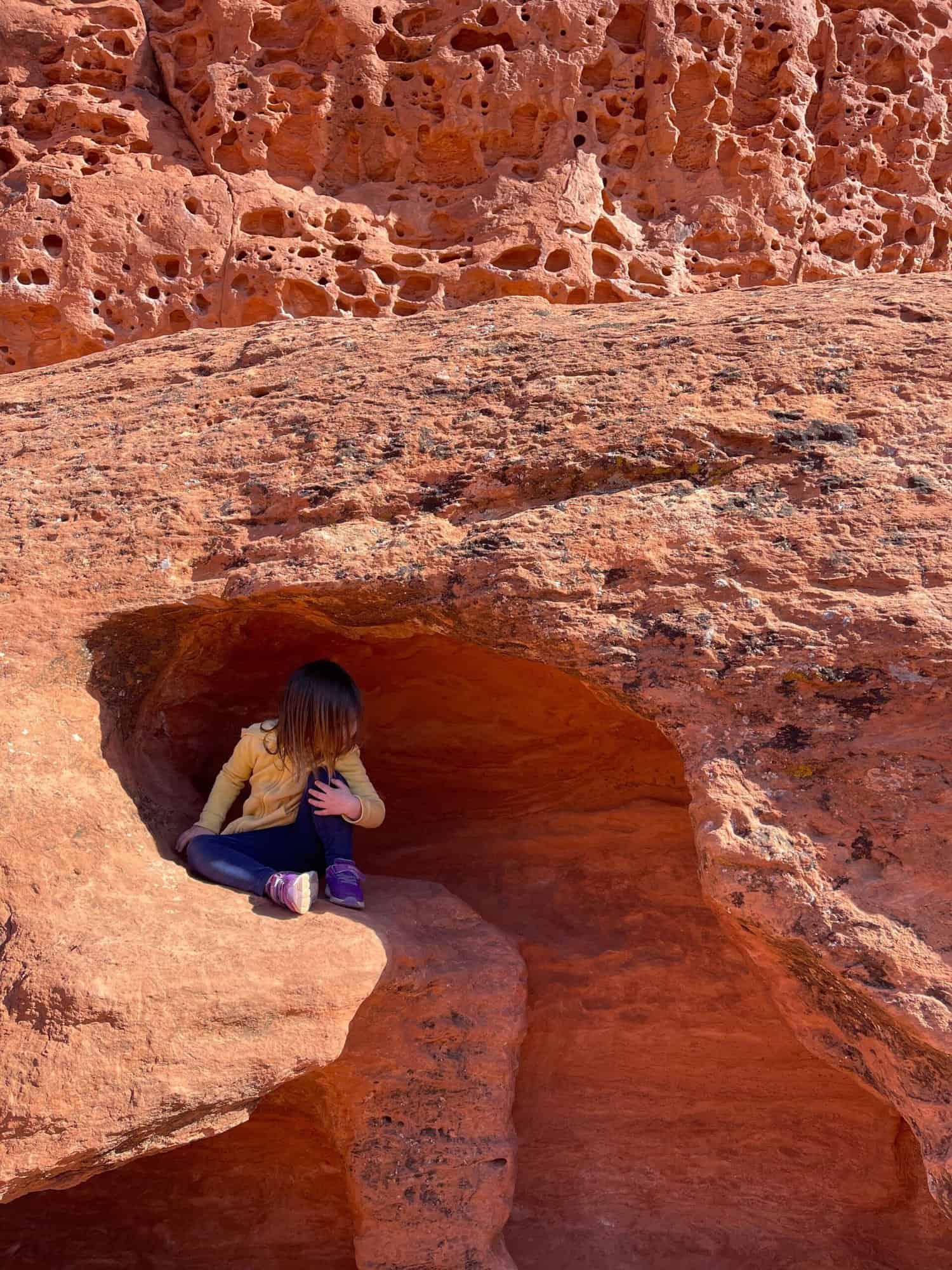
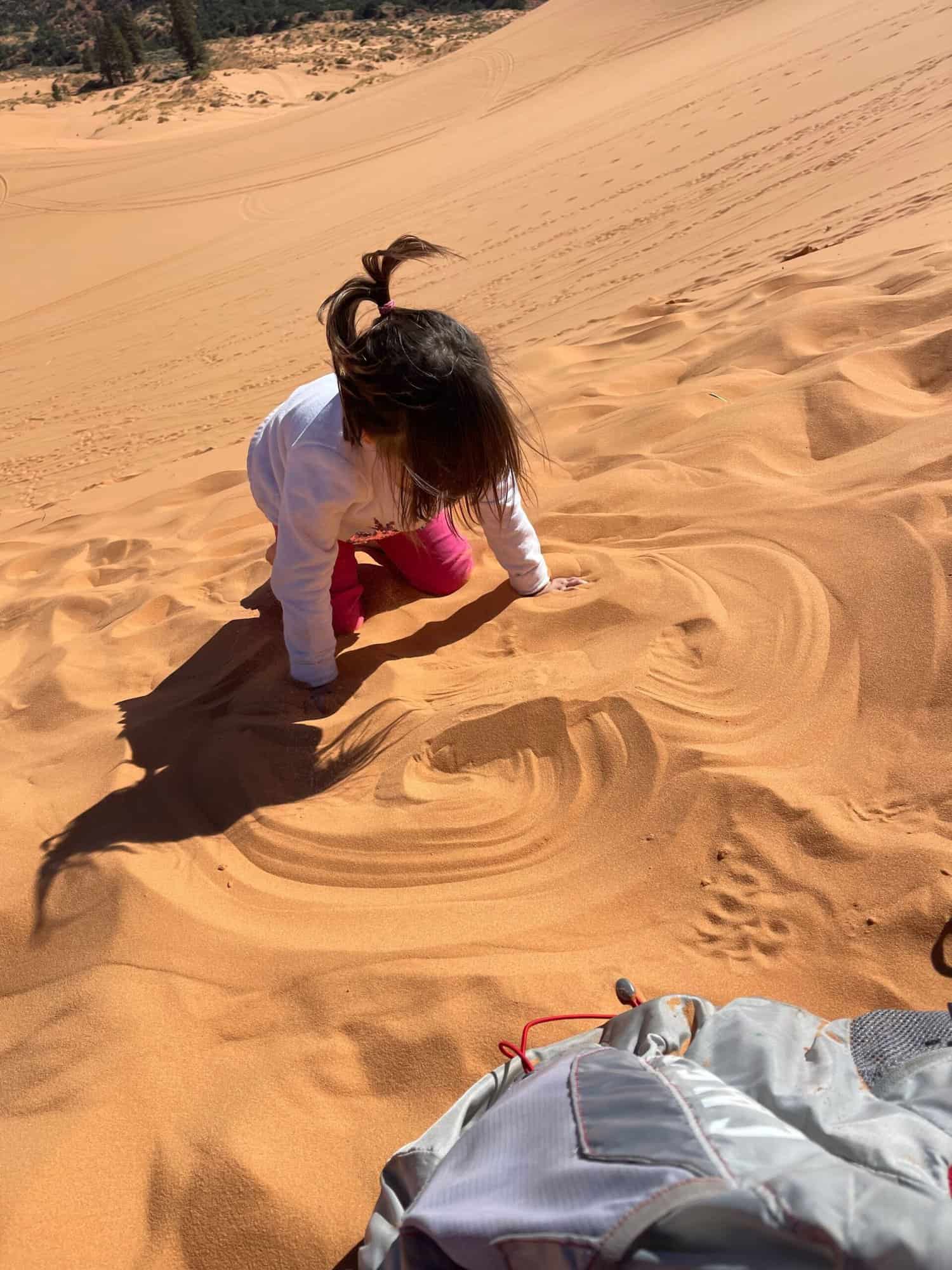
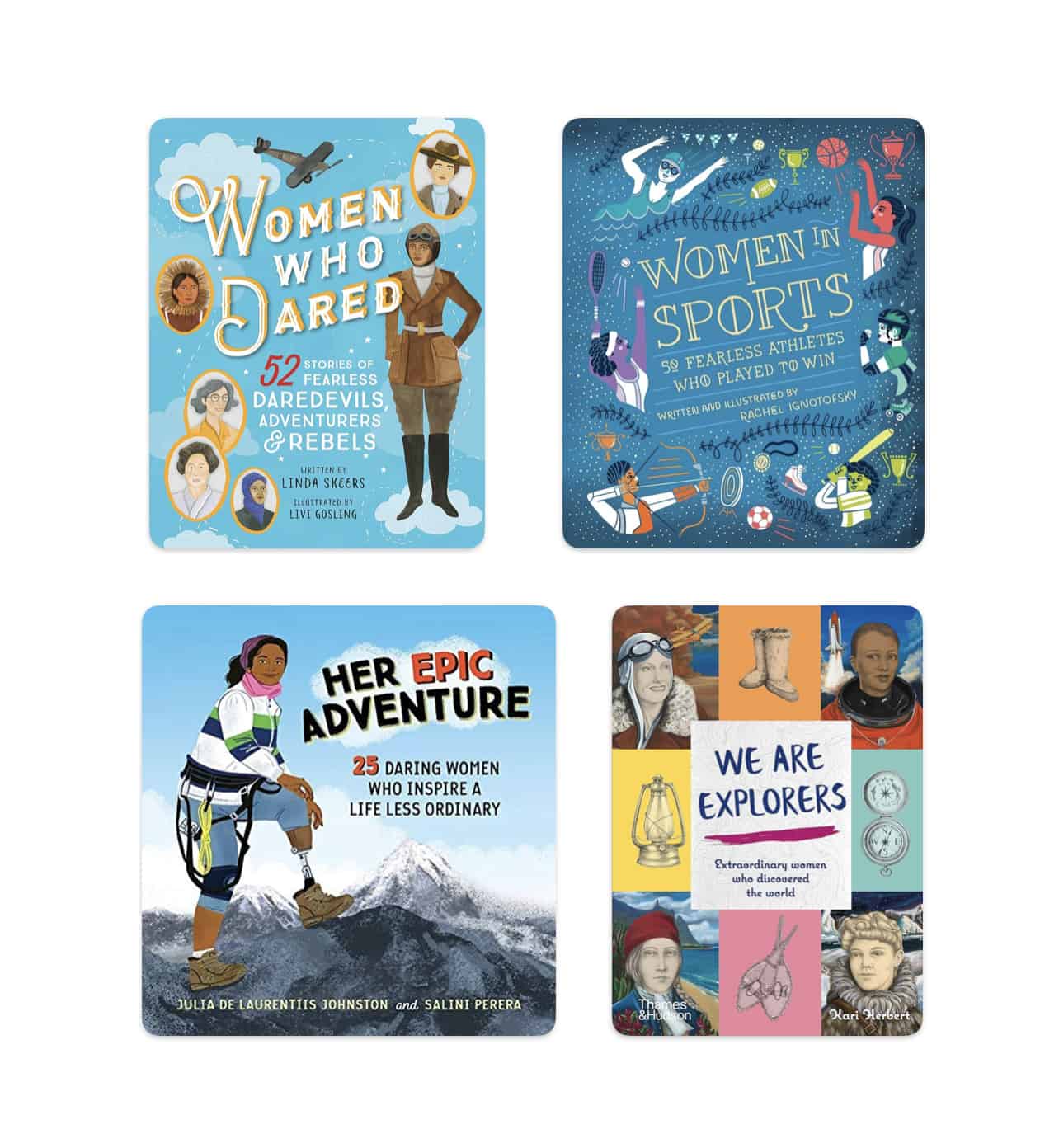
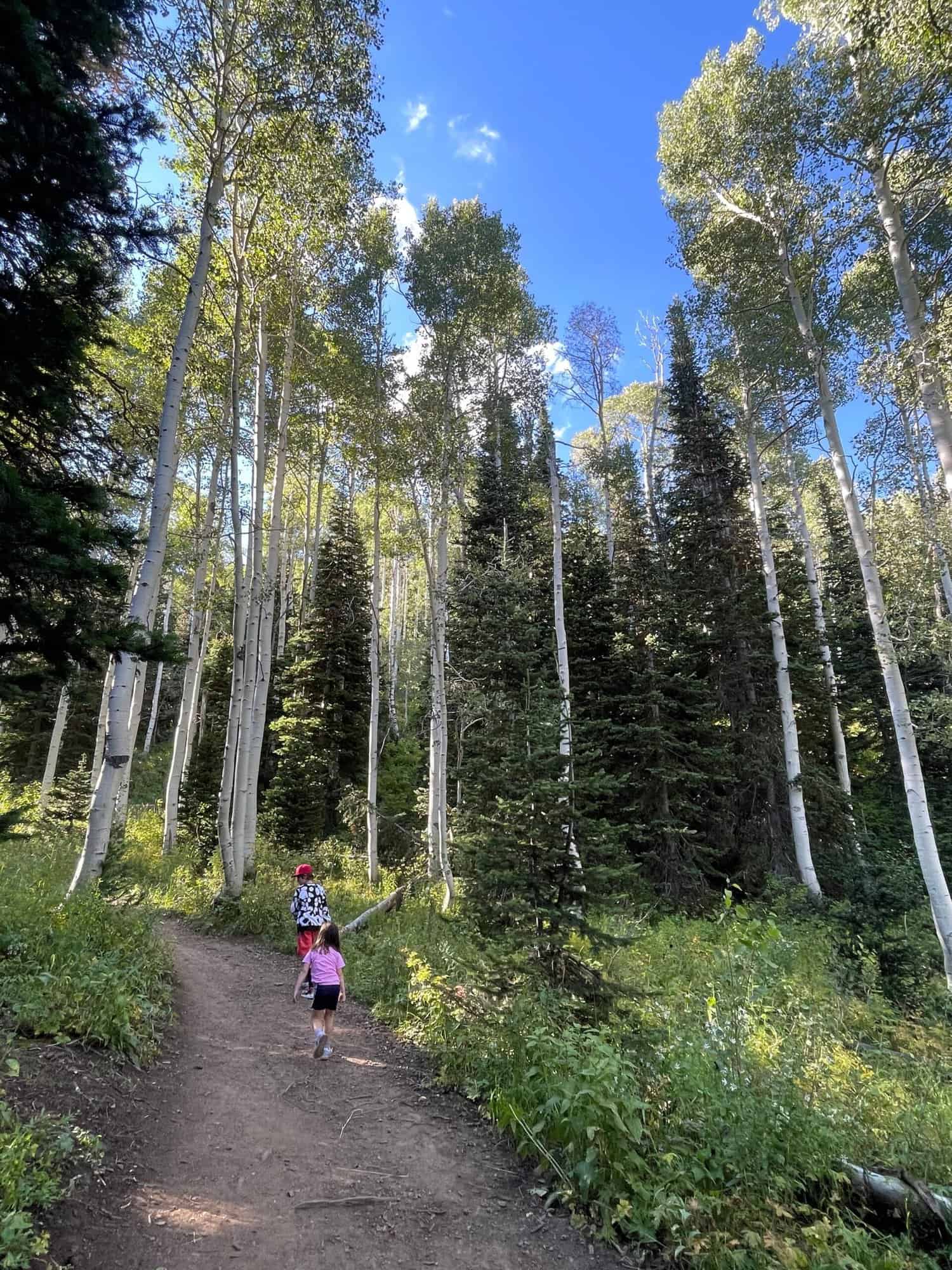
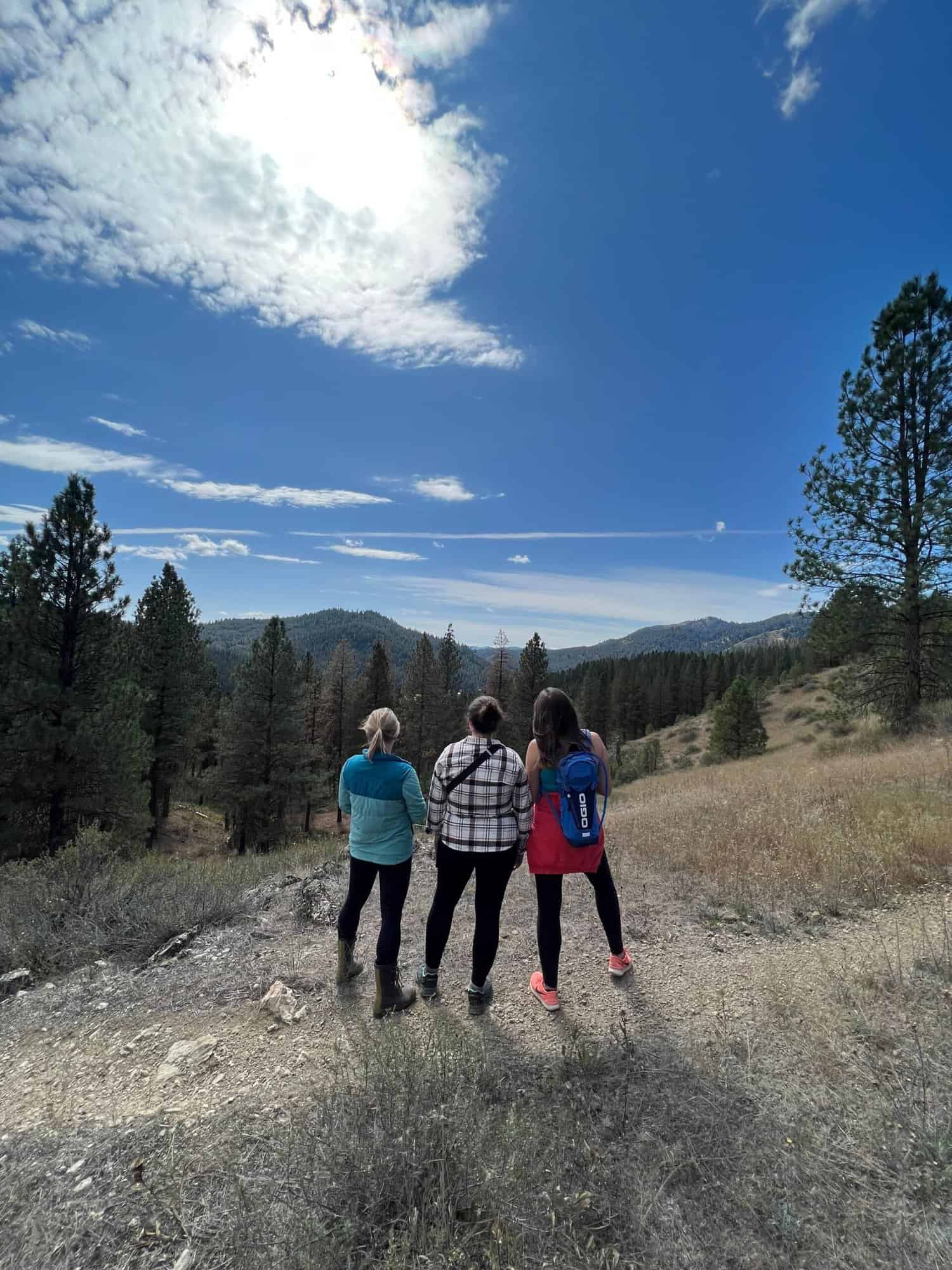
Leave a Reply